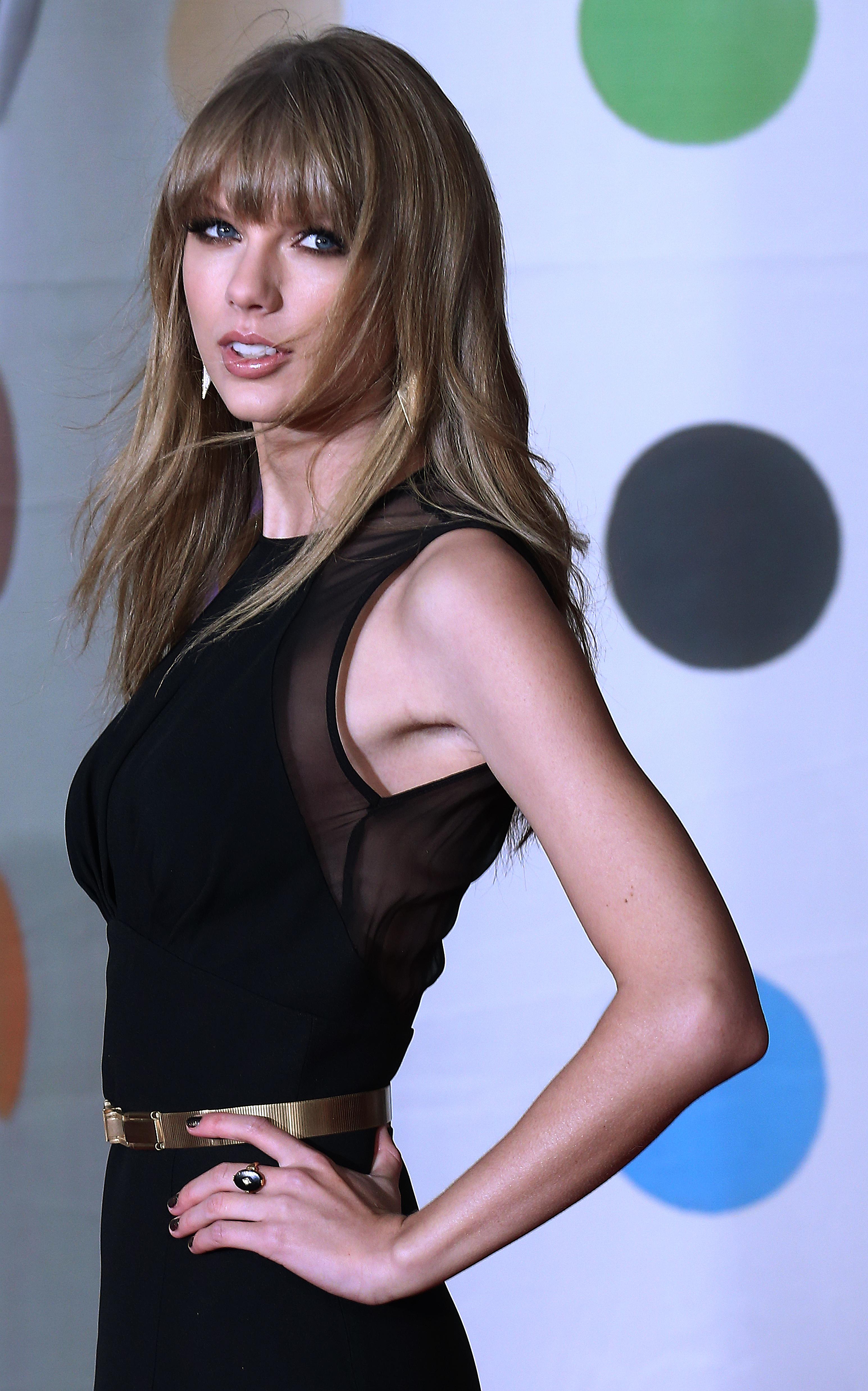The Golden Globes are long over, but at least one member of the audience is still holding a grudge. Taylor Swift, whose career is rooted in done-me-wrongism to a degree impressive even for a country star, was apparently displeased at a mild joke hosts Tina Fey and Amy Poehler made at her expense. She told Vanity Fair, “You know, Katie Couric is one of my favorite people, because she said to me she had heard a quote that she loved, that said, ‘There’s a special place in hell for women who don’t help other women.’ ” Poehler responded in what seems to be typically good humor: “I feel bad if she [Swift] was upset. I am a feminist, and she is a young and talented girl. That being said, I do agree I am going to hell. But for other reasons. Mostly boring tax stuff.”
While this may seem to be just another minor celebrity kerfuffle, or part of the catfight narrative that the media so often projects onto famous women, it raises interesting questions about what happens when women who explicitly declaim the feminist label, as Swift does, try to invoke feminism as a protective rite when it becomes convenient to them. If Swift thinks women should support each other, what does that look like? Does it mean never (ever, ever) criticizing other women?
Poehler could easily pull rank on Swift. In her day job playing Leslie Knope on Parks and Recreation, she’s a pop cultural role model for civic-minded women—and her character even mentors Aubrey Plaza’s dour April. In http://www.amazon.com/Seth-MacFarlane-September-15-2012/dp/B009BUS926/ref=sr_1_1?s=movies-tv&ie=UTF8&qid=1362590654&sr=1-1&keywords=saturday+night+live
To be fair, Swift is not exactly uncharitable. In 2011, she launched the Speak Now … Help Now Fund of the Community Foundation, for tornado relief. Yet she’s steered clear of women’s issues, instead cultivating a largely apolitical image. And if she thinks “helping other women” means never speaking a negative word against another woman in public, she might want to check her lyrics to “Better Than Revenge,” written in 2010 about a woman widely presumed to be actress Camilla Belle. (Sample lines: “She’s not a saint, and she’s not what you think/ She’s an actress,/ She’s better known for the things that she does/ On the mattress.”) Implying that your rival is sexually promiscuous seems a good deal nastier than Poehler and Fey suggesting that Swift take a break from the dating circuit if her romantic relationships appear to be going badly.
It’s unfortunate that Swift was upset by the Golden Globes. But if she really wants to champion female solidarity, she might want to think a bit more carefully about what that means. It’s bad form—and really, bad manners—for Swift to slam her romantic rivals, remain silent on women’s issues to protect her brand, and then decide that Fey and Poehler’s conduct is really what’s sending someone to feminist hell.
